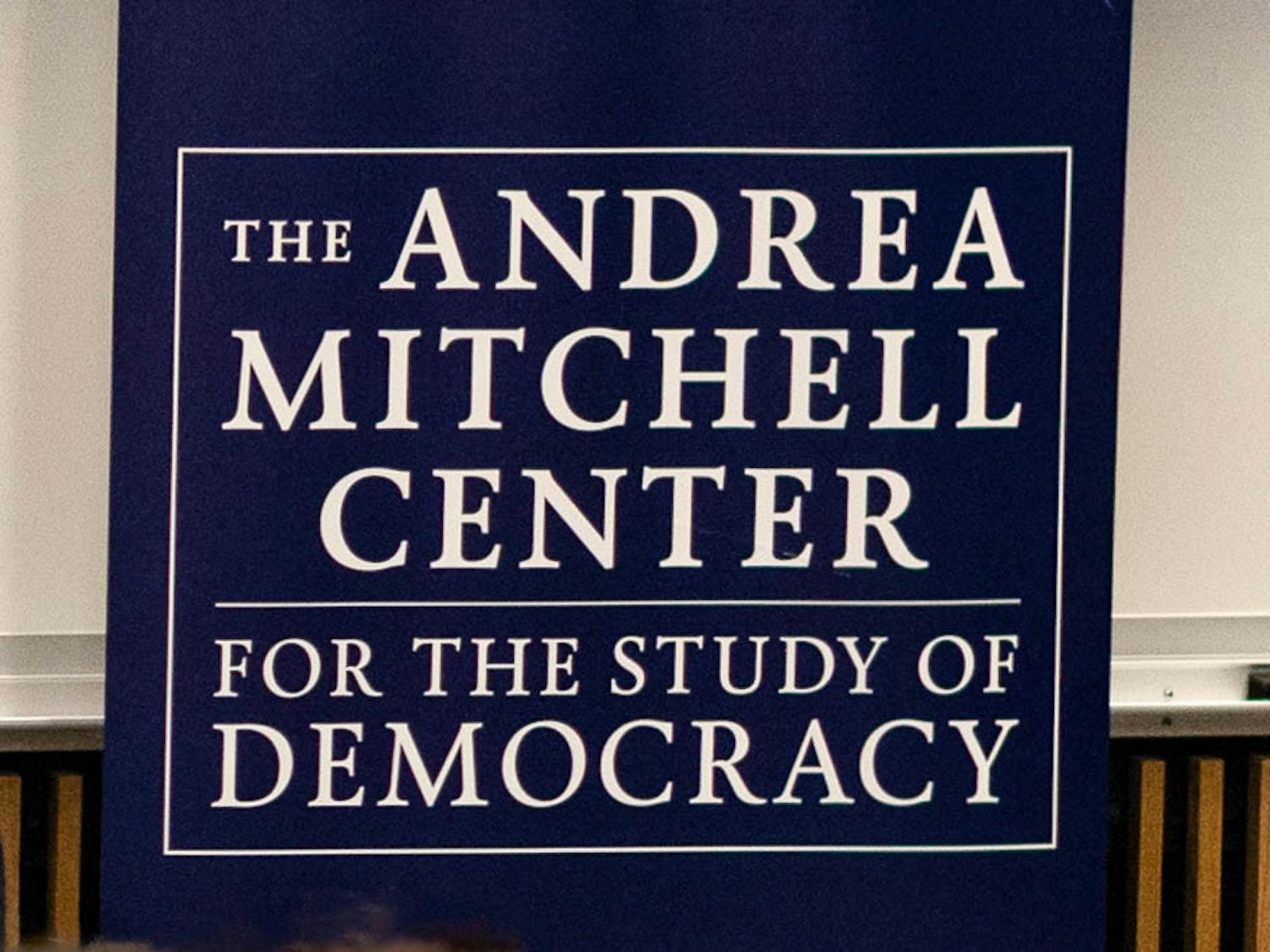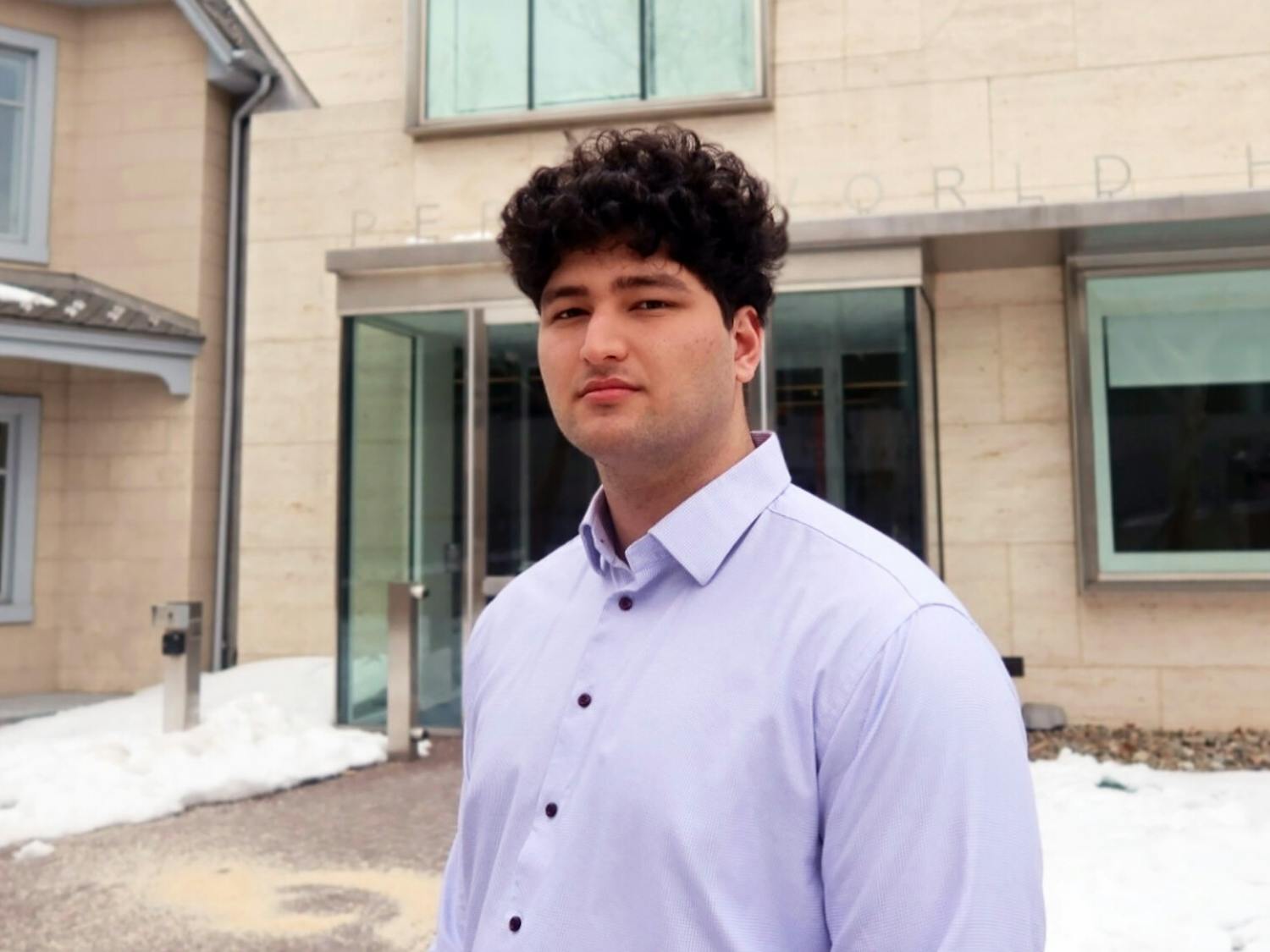Because of controversy over the open expression procedures at former President Ronald Reagan's address last May, President Sheldon Hackney has suggested reworking the Open Expression Guidelines so that they are more effective during events involving controversial non-University figures. The proposal was part of a letter that Hackney sent to two students who were ejected from the speech for displaying protest placards during Reagan's speech. In September 28 letter, Hackney says the guidelines were inadequate to handle the situation and suggests that the Open Expression Committee and the University's general counsel explore ways to make them more effective for similar events in the future. "Your unfortunate experience points to an area of the open expression guidelines that needs further thought and refinement," the letter states. "The limitations of our current policy were painfully evident on May 17, 1990." Hackney also says in the letter that he has asked the Secret Service and the Philadelphia Police Dignitary Protection unit to provide specific information about the students' ouster. One of the students removed from Reagan's speech said last night that despite Hackney's offer to rework the guidelines, he is dissatisfied with the president's response. Graduate student Jeff Abrahamson said last night that the letter "avoids most of the major issues," including whether the Open Expression Policy was suspended during the address or what Hackney will do after law enforcement officials tell their version of what happened. Vice Provost for University Life Kim Morrisson said last month that the open expression guidelines were in effect during the speech, but that Open Expression monitors, including Senior Vice President Marna Whittington and Assistant VPUL George Koval, had no jurisdiction over federal and city law enforcement agents. And Assistant to the President William Epstein said last night that "I reject any effort to paint the University administration as uncaring for open expression at this event." Epstein added that he could not predict what the president will do when he receives law enforcement agents' response. Engineering senior Sheryl Rose, the other person to whom Hackney wrote the letter, said she had not seen the letter and could not comment on it. The Graduate and Professional Student Assembly passed a resolution last month calling for a full investigation of the May incident and a formal apology from the administration. The resolution states that students were informed that the open expression guidelines were suspended during the address. GAPSA Vice Chairperson Michael Goldstein said last night that GAPSA considers the incident "one of the most important issues of this semester," and criticized the administration for not planning ahead. "It's not like they didn't have enough time to figure out what to do," the doctoral candidate said, adding that the suppression of the student's free expression goes against what the University has deemed "the most holy of holy" values. "People got in trouble when they tried to express their thoughts," Goldstein said. "Within the University system of rules, negating the Open Expression Guidelines is the equivalent of negating the 10 commandments in the Bible." But Hackney says in the letter that the administration had planned ahead by holding a strategy session before the event, but adds that the University could not overcome the "practical realities." "My goal was to make certain that we were fully prepared to apply the procedures of the guidelines on open expression at the Reagan address," the letter states. "The Secret Service could intervene at any time, no matter what the University wished, when in their judgement the safety and security of the former President was at risk." GAPSA will discuss the issue at its meeting today and has placed the resolution calling for investigation of the incident on next Wednesday's University Council's agenda. Hackney states in the letter that once the Open Expression Committee has made its recommendations on how to change the guidelines, the proposals will be published for University comment.
The Daily Pennsylvanian is an independent, student-run newspaper. Please consider making a donation to support the coverage that shapes the University. Your generosity ensures a future of strong journalism at Penn.
Donate







